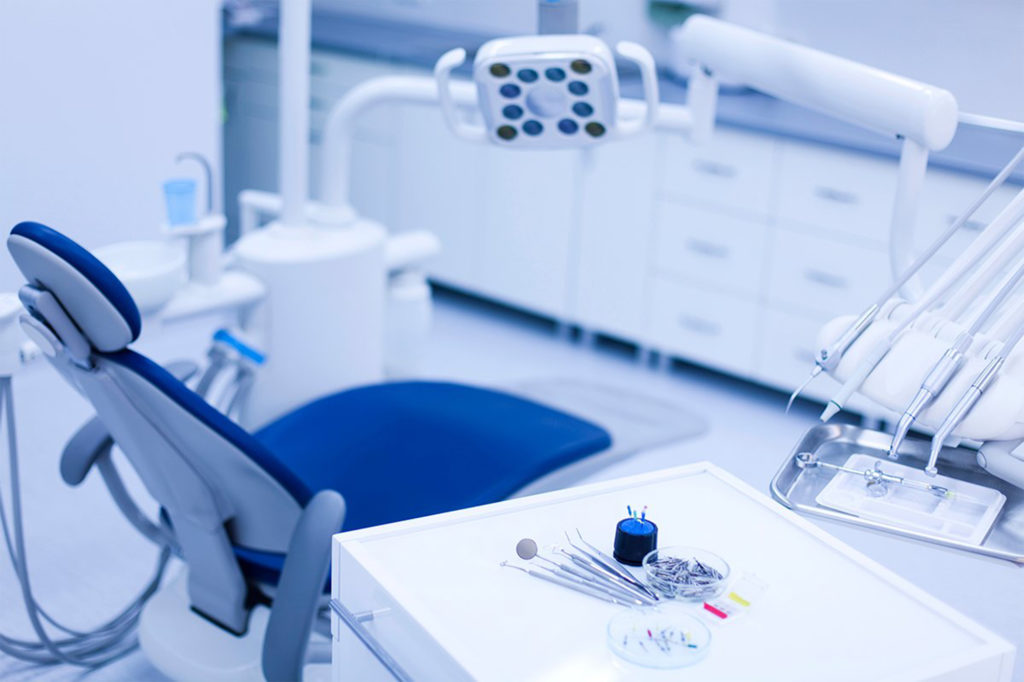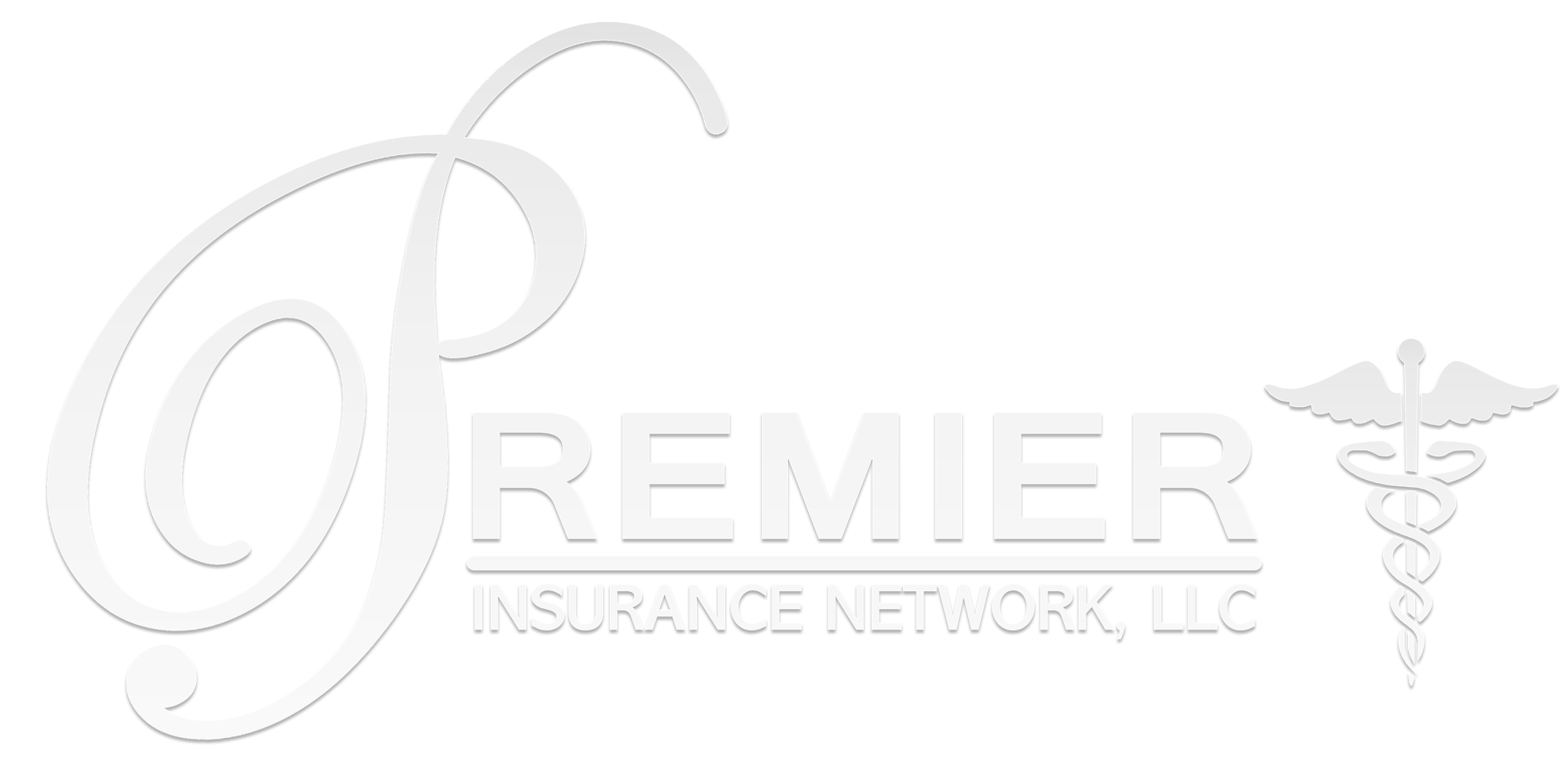Being proactive in maintaining dental and oral health is an important part of our overall healthcare needs. However, Original Medicare doesn’t provide benefits for basic dental needs and what is covered is very limited. For example, Medicare does not provide coverage for dental services like fillings, routine checkups, tooth extractions, teeth cleaning or dentures. Instead, Original Medicare coverage (Part A or Part B) for dental services is limited to:
- Medical reconstruction after a jaw injury
- A preliminary dental examination before a heart or kidney transplant
- Dental services associated with radiation treatment for jaw-related infections
- Wiring and dental splints required after a jaw surgery
- A hospital stay required after a dental procedure
So, how can Medicare beneficiaries receive coverage for dental services and care?
Dental Care Options are Available via Medicare Advantage Plans
Note that Original Medicare only covers dental procedures related to surgery or hospitalizations, not any routine or follow-up dental care once the underlying condition is treated. This means the majority of dental care expenses are out-of-pocket for beneficiaries enrolled in Original Medicare.
For example, if a Medicare beneficiary was in a car accident and needs a tooth extraction as part of facial reconstruction surgery, Original Medicare provides coverage for the tooth extraction and not any subsequent dental care procedures the individual may need.
This lack in dental coverage means many Medicare beneficiaries must pay the entire cost of non-covered dental care out of pocket. Research shows the average per-capita spending on dental care has increased by 81% between 1990 and 2016. Statistics also show one in five Medicare beneficiaries haven’t visited a dental professional in the last five years. However, there are ways to obtain dental coverage under Medicare and those benefits can be found in many Medicare Advantage plans.
Medicare Advantage, also called Part C plans, offer Medicare benefits that are provided through private Medicare approved companies. In addition to dental coverage, many of the available Medicare Advantage plans offer other benefits not covered by Original Medicare, such as hearing, vision care, and in most cases, prescription drug coverage (Part D).
What Dental Services Do Medicare Advantage Plans Cover?
In your local service area, you will find private companies offering Medicare Advantage plans in one or more of the following plan types. Plan types include HMO, PPO, POS and PFFS, with each plan design offering an opportunity for you to access medical care, and, in some cases, dental. Let’s explore the common types of Medicare Advantage plans available in San Antonio area that offer some form of dental coverage.
Health Maintenance Organization (HMO) plans most commonly require patients to receive dental services from providers within the plan’s network except in the case of emergency care and out-of-area urgent care. For in-network care and services, HMOs tend to cover 100% of preventative care costs to encourage regular dental check-ups, and like other types of plans, limit the number of visits and overall dollar coverage within a plan year. Some dental services that are often fully covered under this type of Medicare Advantage plan include oral exams, teeth cleaning, fluoride treatments, sealants and various types of dental X-rays. As for minor or basic restorative dental care, patients pay a flat fee for these services.
Preferred Provider Organization (PPO) plans allow plan beneficiaries to get dental care from the practice of their choice; however, be prepared to pay a higher percentage of costs when using non-plan providers. Like HMOs, these plans often fully cover preventative dental services. Basic restorative services – such as fillings, tooth extractions and root canals – require cost-sharing expenses after a patient has met their deductible, while major restorative services – such as dentures, crowns, bridges and oral surgery procedures – are often covered up to a pre-specified amount. Having access to dental benefits, even if reduced, will allow coverage of your basic dental needs at little to no cost, and this is beneficial for your health and finances.
Finding suitable dental coverage is critical to reducing out-of-pocket dental expenses for Medicare beneficiaries. Since Original Medicare does not cover routine dental care, evaluating Medicare Advantage plan options can help you determine which plan is most suited to your situation and dental care needs. To learn more about the Medicare Advantage plans available near you, and to learn more about the dental benefits and coverage offered by the plans you’re interested in, contact Premier Insurance Network today! Our team of licensed, local Medicare insurance agents are here to assist you at no cost with evaluating your Medicare coverage options.




